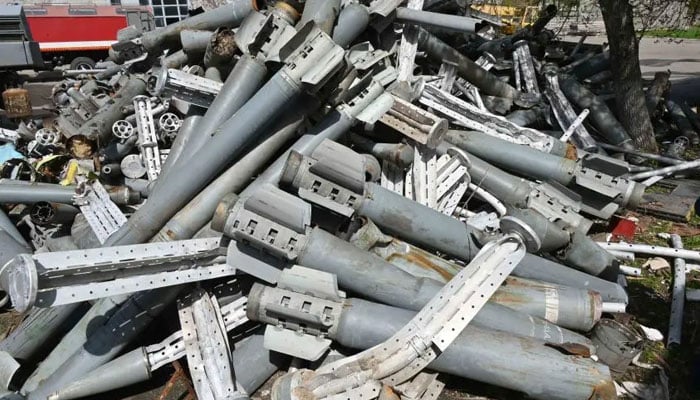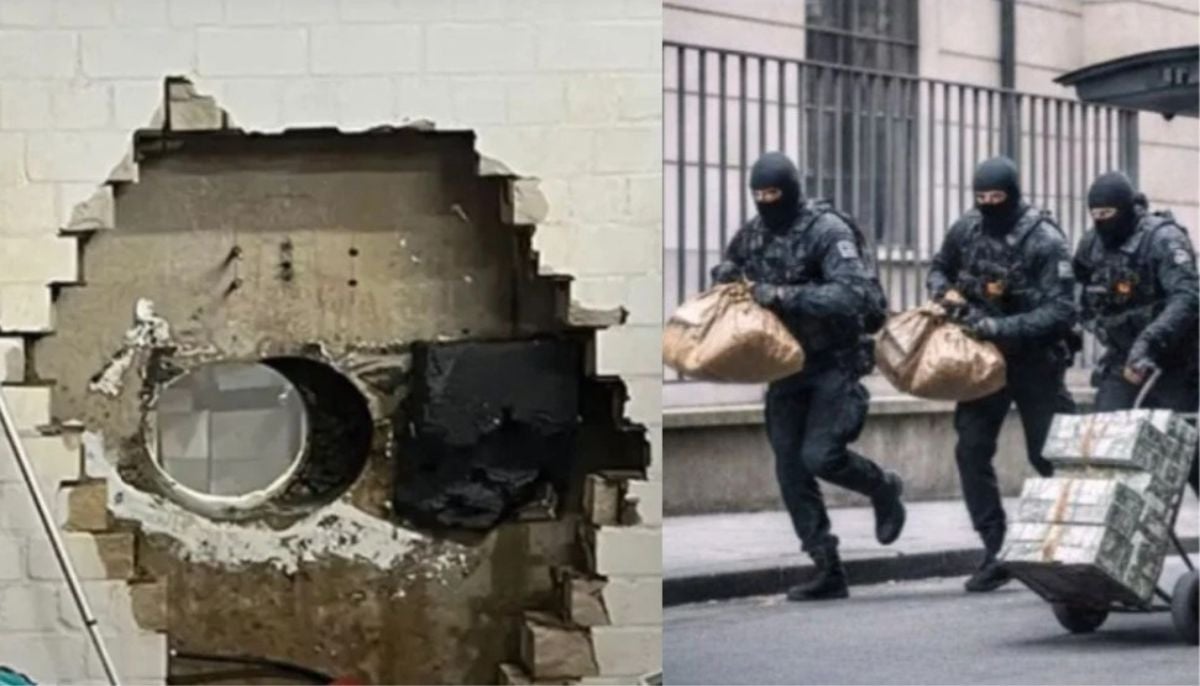US approves shipment of cluster munitions to Ukraine amid escalating conflict
Ukraine's president welcomed US arms package and highlighted need for new tools to liberate Ukrainian territory from occupation
The United States has given its approval to send cluster munitions to Ukraine, a move that has sparked intense debate and raised concerns due to the weapons' widespread ban by over 100 nations.
The decision marks a significant escalation in the ongoing conflict with Russia. Ukrainian President Volodymyr Zelensky had been actively seeking more advanced weaponry for his country's outmatched army, which is currently engaged in a counteroffensive that has been progressing slower than anticipated.
Ukraine's president welcomed the US arms package, highlighting the importance of having new tools for liberating Ukrainian territory from occupation. However, US President Joe Biden acknowledged the difficulty of the decision, saying, "The Ukrainians are running out of ammunition."
The use of cluster munitions has long been condemned by humanitarian groups, as they pose a risk to civilians and can leave undetonated bomblets that may cause harm for years to come.
While Zelensky has been advocating for Ukraine's NATO membership as a defense against Russian aggression, it has been confirmed that the country will not be granted immediate membership at the upcoming summit.
Turkey, a NATO member with complicated relations with the West, has been closely observing Zelensky's high-stakes talks. The outcome of these discussions will be of great interest to Russia, as it aims to strengthen its ties with Turkish President Recep Tayyip Erdogan, who has positioned himself as a neutral mediator in the conflict.
Meanwhile, the International Atomic Energy Agency (IAEA) reported progress in inspecting the Zaporizhzhia nuclear plant, which has been at the centre of accusations between Ukraine and Russia. Both countries have accused each other of planning a provocation at the site, raising concerns about a potential radioactive disaster. The IAEA has completed inspections of certain areas but has yet to visit the facility's rooftops.
The decision to send cluster munitions to Ukraine has drawn criticism from human rights advocates, who argue that it will result in long-term suffering for civilians and undermine international efforts to condemn the use of such weapons. The move by the US represents a departure from the stance of many of its allies, who have banned cluster munitions under the Convention on Cluster Munitions.
In the face of objections, President Biden has invoked a waiver to bypass restrictions on exporting munitions with a high dud rate, citing national security interests. However, concerns remain about the potential impact on civilians and the ongoing escalation of the conflict between Ukraine and Russia.
As the conflict intensifies, the delivery of cluster munitions to Ukraine signifies a critical development that will undoubtedly shape the trajectory of the war.
-
Poll reveals majority of Americans' views on Bad Bunny
-
Man convicted after DNA links him to 20-year-old rape case
-
California cop accused of using bogus 911 calls to reach ex-partner
-
'Elderly' nanny arrested by ICE outside employer's home, freed after judge's order
-
key details from Germany's multimillion-euro heist revealed
-
Search for Savannah Guthrie’s abducted mom enters unthinkable phase
-
Barack Obama addresses UFO mystery: Aliens are ‘real’ but debunks Area 51 conspiracy theories
-
Rosie O’Donnell secretly returned to US to test safety












